Jonathan Borja, Marquette student and Guam native, can no longer speak with his grandmother in their native language. Loss of culture and language are just some of the effects of colonization.
“People from the territories were regarded as alien races which were incapable of comprehending Christian values,” Borja said.
Borja has seen the impact of colonization firsthand because his home, Guam, an island in Micronesia is a United States territory. As president of the Pacific Islanders Student Association his club addressed colonization and decolonization by hosting a presentation April 19 at the Center for Intercultural Engagement.
The presentation outlined the history of islands in Micronesia, Polynesia and Melanesia. Borja showed videos of Hawaiian activist Haunani-Kay Trask, who explained that the Hawaiian language was banned by the United States following the annexation of Hawaii in 1898.
Over 25 percent of Guam’s land has been seized by the United States and turned into military bases. In addition to being overrun by military personnel, colonization also impacted religious beliefs. When American colonists first arrived to the island, they forced their Christian beliefs by outlawing Guam’s native religion.
The presentation examined the benefits of colonization, such as providing medication and technology. It also discussed the negatives, like land seizure and the loss of culture.
Healthcare in Guam is also a major issue. Guam is last in per capita spending for veterans in the United States and its territories.
There is a plebiscite, or direct vote, in the works to determine Guam’s independence, possible statehood or establishment as a free association.
There is also a controversy surrounding voting laws, as non-islanders were originally not allowed to vote in the plebiscite. The laws have since been declared unconstitutional by Guam Federal Judge Frances Tydingco-Gatewood.
A date for the plebiscite has yet to be determined.
Borja stressed that one of the most important things to remember about colonization is that it happened everywhere. Stephane Enriquez, a sophomore in the College of Nursing who is from the Philippines, can relate. The Philippines have been colonized at separate points by Spain, Japan and the United States.
“Spaniards have brought their own culture, but we have our own, too,” Enriquez said. “People tend to be ignorant of it. I wish that there was more of a push to retain our culture like Guam.”
While some may believe that Guam has American culture, Guam students like Borja and Shane Healy said they experienced culture shock when they came to Milwaukee for college.
“The core values of Guam cultures are collectivist and focused around being more helpful,” Borja said. “Life there is more slow and manageable.”
Healy, a freshman in the College of Communication, said events like this are very important to him. He tries to stay neutral on political issues on the island and understand both sides.
“I only really go back for Christmas, so events like this are great,” Healy said. “It’s kind of like this place is my home away from home, and to see my culture celebrated is amazing.”

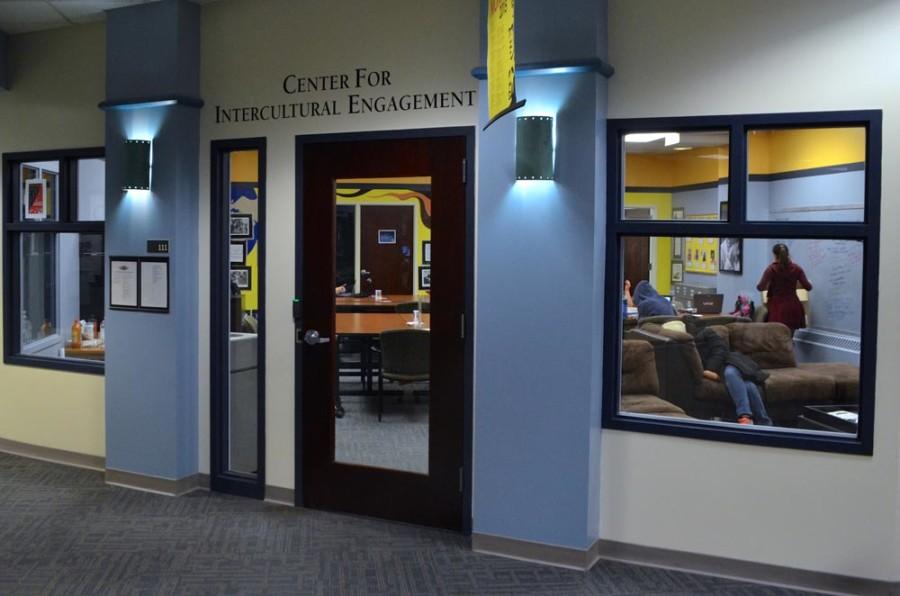
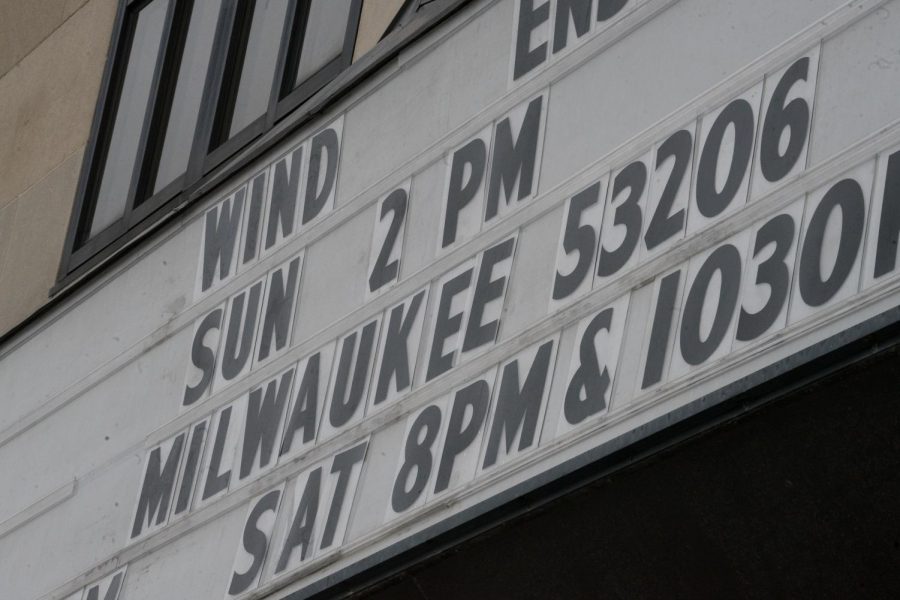
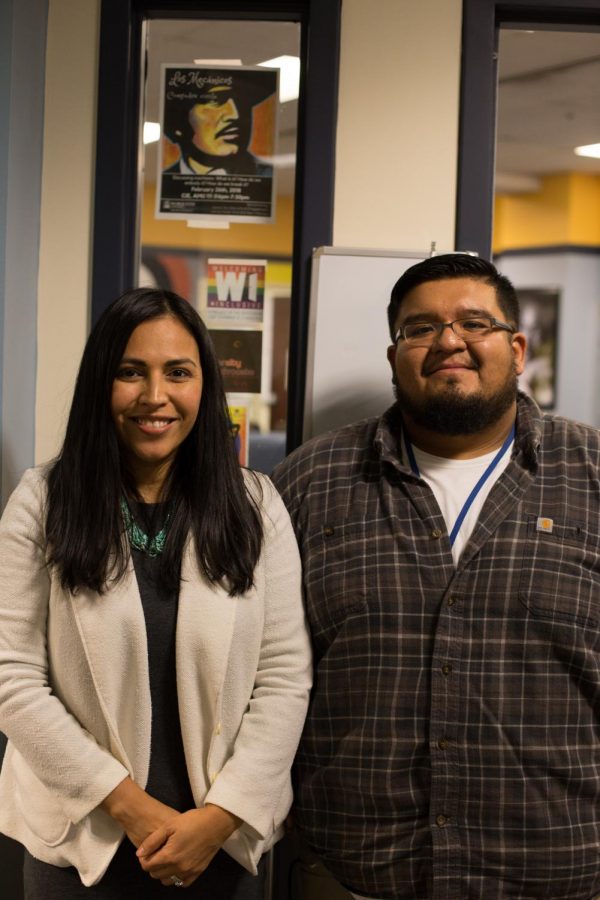
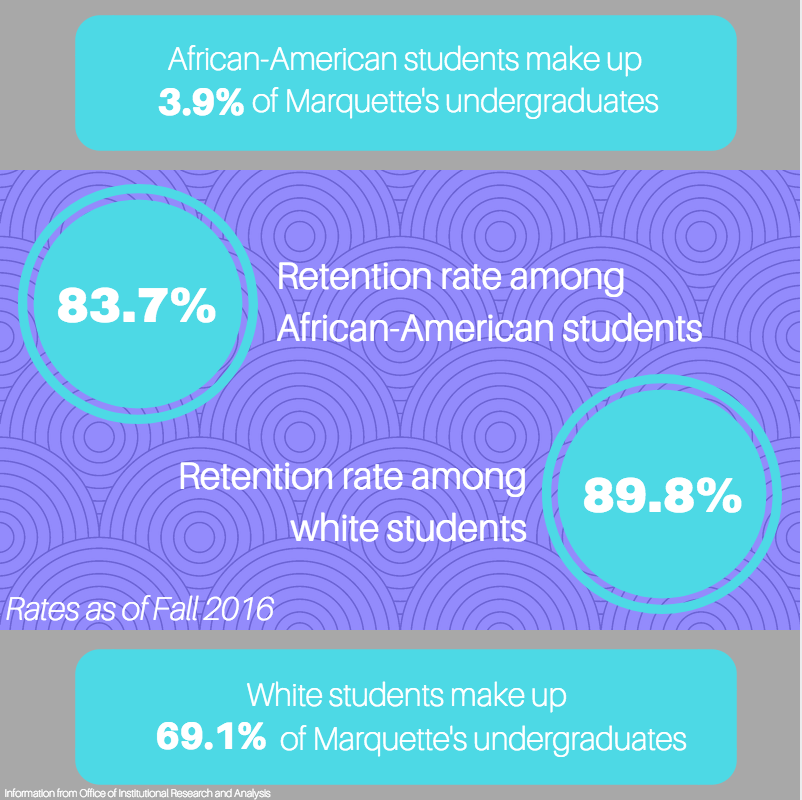
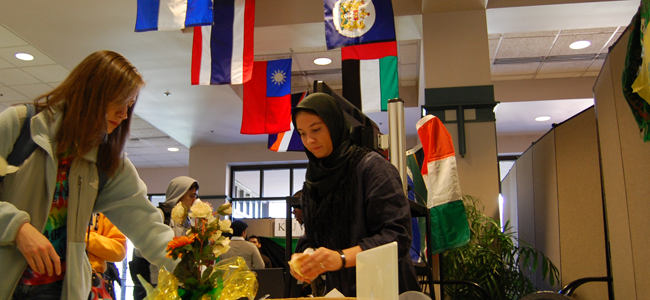
Dave Davis • Apr 25, 2017 at 6:52 pm
The author needs to do some homework. The allegation that Americans forced their Christian beliefs and banned the native religions is absurd and patently false. When America acquired Guam from the Spanish following the Spanish-American war in 1898, Guamanians were essentially 100% Catholic, and that trend remains in effect today to the tune of some 85%-90%. The Spanish brought and enforced, by whatever means necessary, the conversion to Christianity.